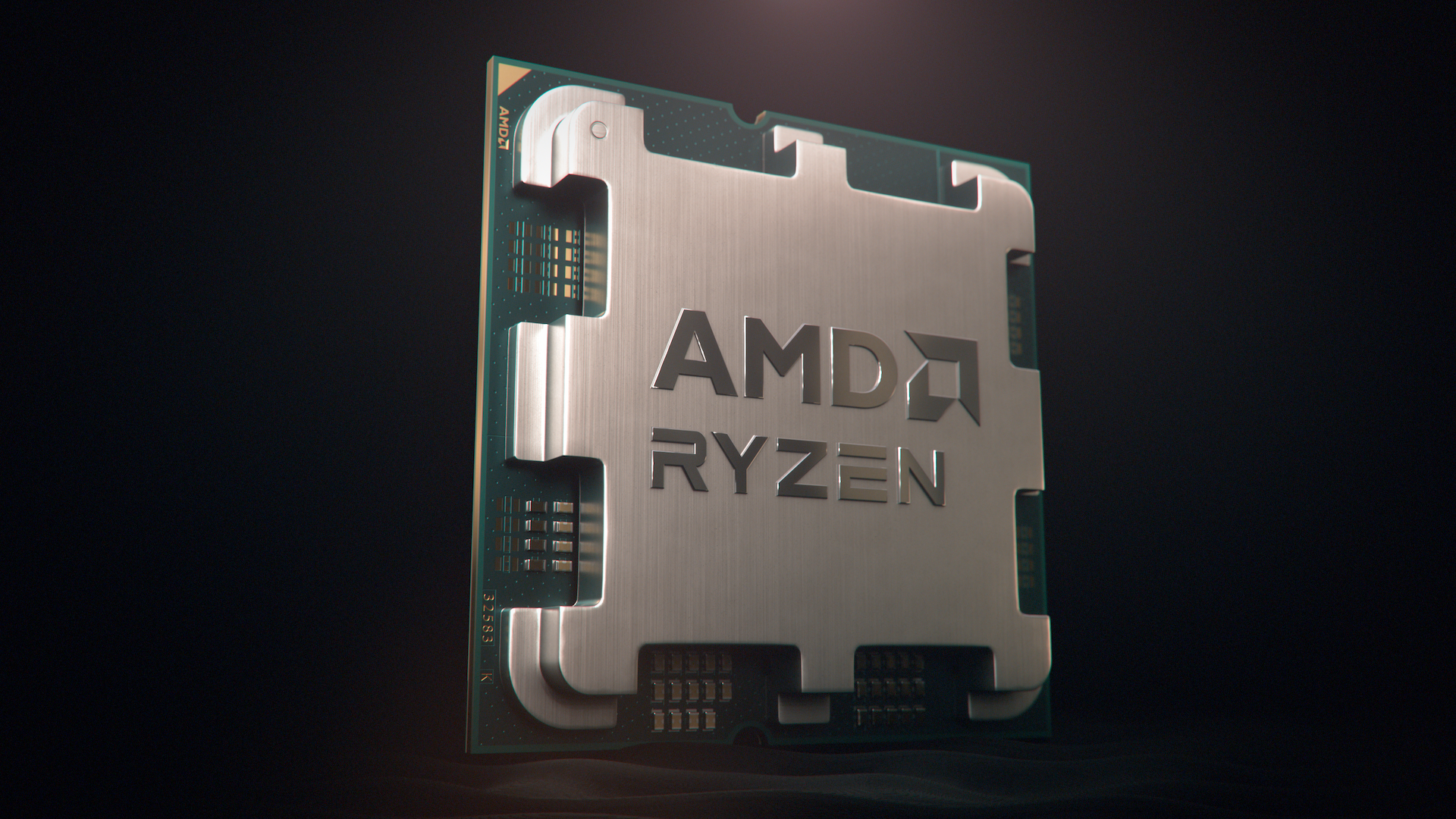
Gigabyte has begun updating its AM5 motherboards to AGESA firmware 1.2.0.0a, which supports AMD's upcoming Ryzen 9000 series desktop CPUs. Discovered by HXL on X (Twitter), the new Gigabyte BIOS updates sporting AMD's latest AGESA firmware provide new performance optimizations for the new Zen 5 series chips. These new updates come just in time for users to update before AMD's Ryzen 9000 chips arrive.
AGESA 1.2.0.0a is the fourth AGESA firmware update to support AMD's Ryzen 9000 processors. The first was AGESA 1.1.7.0, which rolled out in April with initial support for the Zen 5 chips. Since then, the last few AGESA updates have improved the reliability and performance of the Ryzen 9000 processors before they debut this month.
We aren't sure what's inside the 1.2.0.0a update specifically. Gigabyte specifies that their BIOS updates provide performance optimizations for Ryzen 9000, but that doesn't mean these optimizations directly come from the AGESA microcode update. Regardless, the purpose of new microcode updates is to push new features and support, as well as provide better performance and stability in most cases. So, we can surmise that AGESA 1.2.0.0a does at least one of these things.
Gigabyte is the first board maker so far (that we have seen) to push AGESA 1.2.0.0a bios updates to the public. MSI and ASRock are still on AGESA 1.2.0.0, utilizing beta BIOS updates for their existing AM5 motherboards. Strangely, Asus' newest BIOS updates are still on AGESA 1.1.7.0, meaning the board maker has not updated to any recent AGESA updates, including the older AGESA 1.1.8.0 update and AGESA 1.2.0.0.
Hopefully, MSI, ASRock, and Asus will release AGESA 1.2.0.0a-supported BIOS updates to the public before the Ryzen 9000 series launch. But the good news is that all four major board partners already have Zen 5-supported BIOS ready to be downloaded and installed. So, users will have Zen 5 functionality regardless. We can't confirm if ALL 600 series boards have AGESA 1.1.7.0 or newer ones, but most do.
Ryzen 9000 is the second generation of Ryzen processors using AMD's latest AM5 socket. The new chips come with AMD's Zen 5 CPU architecture, promising 16% better IPC on average than Ryzen 7000. Buyers can take advantage of the new chips with new 800 series chipset motherboards, including X870 or existing AMD 600 series chipset motherboards. The only caveat is that the 600 series boards must be updated to a Zen 5-supported BIOS before users can run them on those boards.







